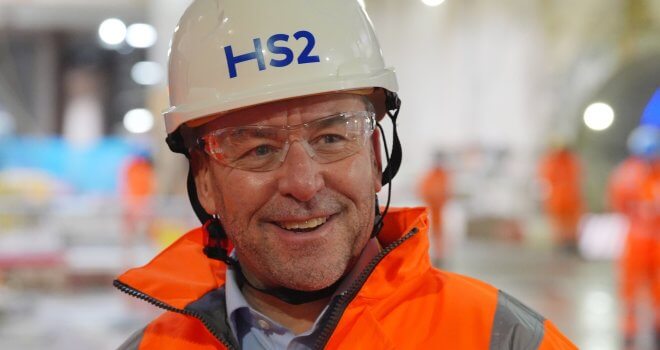Britain’s BT Wants Help Providing Broadband To Poor Households

BT said it needed to work with its competitors and the government on a long-term solution for providing broadband for low-income households, adding it was not sustainable for the former monopoly to shoulder the vast majority of the costs.
More than 85% of “social tariffs”, which are typically available to households receiving government benefits, were provided by BT, according to Marc Allera, chief executive of the group’s consumer brands.
BT has a market share of around a third, regulator Ofcom’s data shows.
BT’s “Home Essentials” package costs 15 pounds ($18) a month for line rental, around 20 pounds lower than the group’s average monthly broadband contract, Allera said.
The take-up of social tariffs – also offered by Virgin Media, Vodafone and others – has been low, with just 136,000 households out of an eligible 4.2 million participating in August, according to Ofcom.
The tariffs have become more prominent, however, with campaigners raising awareness after inflation rose to the highest levels since the 1980s, with those in the lowest income groups facing the biggest squeeze.
BT has said it will stick with its formula of increasing prices on its regular contracts by inflation plus 3.9% a year, meaning customers’ bills could rise by around 15% if inflation remains at its current rate in January.
Allera said the group, which is increasingly focusing on its consumer EE brand, recognised the impact of inflation, but it provided “outstanding value for money” and offered more and more data for relatively small increases in price.
Nonetheless, the British government has been urging providers to do more to help customers cope with the rising cost of living.
Companies agreed in June to increase the promotion of low-cost deals after they were called to a government summit.
Allera said BT could not take a disproportionate share of the costs in the long term.
“We’re scrambling around trying to help,” he told reporters. “(But) there’s huge margin dilution from supporting those customers.”
He said the industry needed to work with government to create a fund to subsidise the customers who needed help.
(Reporting by Paul Sandle; Editing by Mark Potter)




